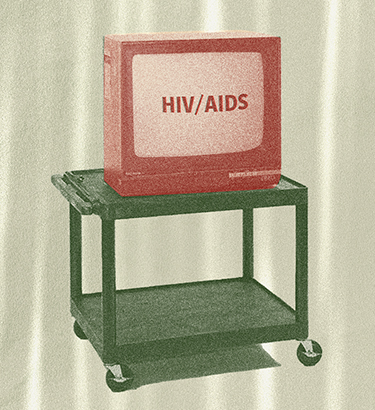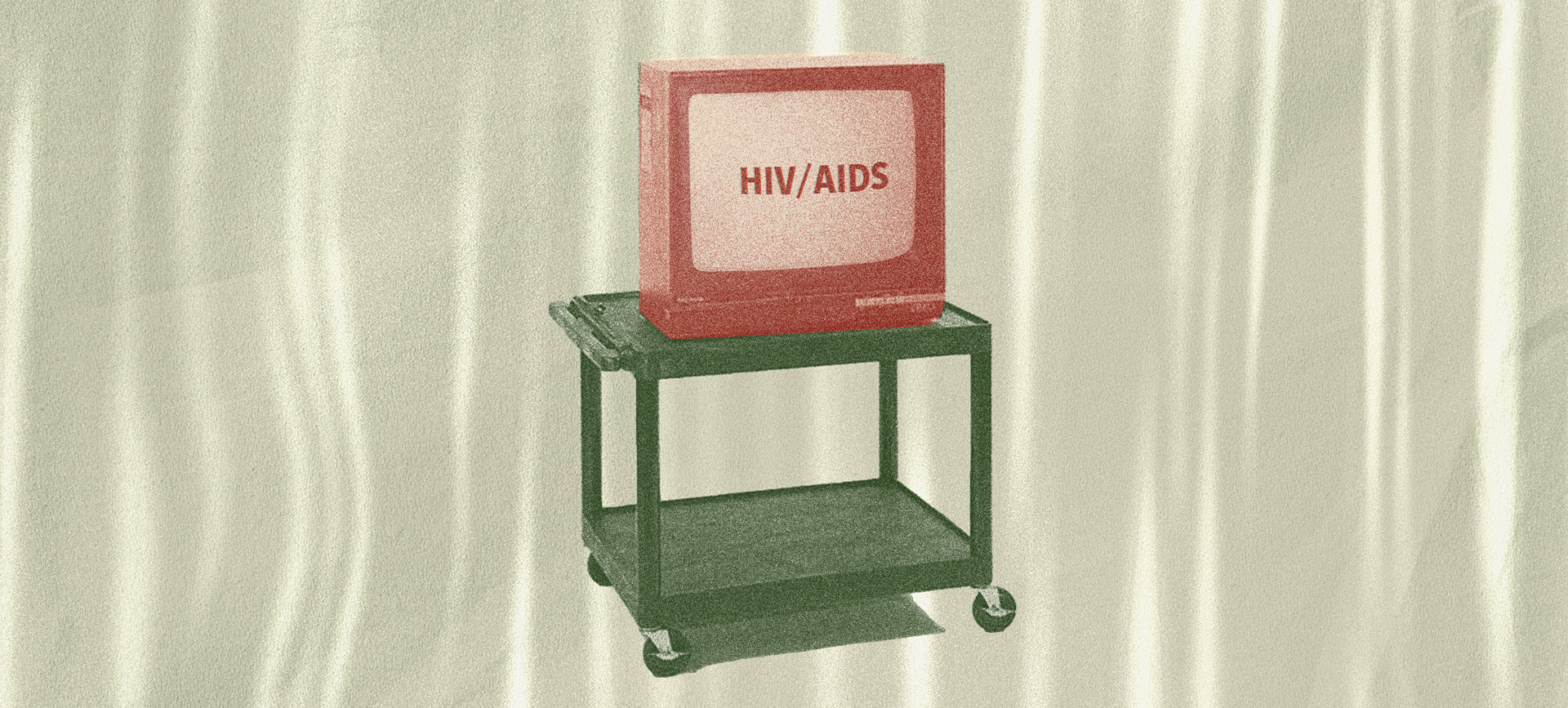On annual World AIDS Day, December 1, you may be trying to update your knowledge of HIV and AIDS, an epidemic that has impacted the world relentlessly over the past four decades. And if you're not, you could be forgiven for thinking that the issues have since been minimized—like we said, it has been four decades. In part, you'd be right, but it's a little more complicated than that.
Progress made in the treatment of these conditions has been nothing short of astounding, and people living with HIV can now live long, healthy lives without fear of transmitting the disease. However, many complexities and challenges persist in preventing, diagnosing, treating and living with any sexually transmitted infection (STI). And HIV and AIDS hold a unique space in that area for a number of reasons.
Here's a brief primer to some organizations and services available if you're interested in finding out more about HIV and AIDS.











